A SOCIODIVERSIDADE DOS POVOS INDÍGENAS NO BRASIL E SEUS DIREITOS
INTRODUCTION: Brazil is home to a vast ethnic and cultural diversity of Indigenous peoples, who embody a wide array of social structures, languages, cosmologies, and ways of life. This plurality challenges the norms of hegemonic society and underscores the urgent need to recognize Indigenous rights as a fundamental condition for their self-determination and collective existence. This study is grounded in a critique of the anthropocentric conception of humanity and advances an expanded perspective inspired by Indigenous intellectuals such as Ailton Krenak and Davi Kopenawa, who emphasize the interdependence between human beings and the natural world. The primary objective of this research was to examine the sociodiversity of Indigenous peoples within Brazilian territory; to analyze the legal frameworks protecting Indigenous rights at both national and international levels, including the 1988 Federal Constitution and international treaties to which Brazil is a signatory; and to investigate documented cases of violations of Indigenous rights in a national and international perspective. This study employed a qualitative methodology, incorporating bibliographic and documentary analysis. In addition to works authored by Indigenous scholars, the research utilized academic books, peer-reviewed articles, institutional reports, legal documents, and publications from Indigenous and non-governmental organizations. The documentary analysis focused on identifying legal instruments of protection, records of rights violations, and juridical interpretations concerning the original rights of Indigenous peoples. Despite the formal legal recognition of Indigenous rights, significant obstacles remain, including delays in land demarcation, the absence of culturally appropriate public policies, and various forms of institutional violence. Case studies involving the Maxakalí and Xetá peoples illustrate both the potential for environmental regeneration and the extreme vulnerability of certain communities. AIMS: This research aimed to analyze the sociodiversity of Indigenous peoples in Brazil and the rights guaranteed to them, with the objective of identifying and discussing potential cases of rights violations.To this end, the research specifically sought to:1. Understand the sociodiversity of Indigenous peoples within Brazilian territory;2. Examine the rights of Indigenous peoples at both national and international levels, through the lens of the 1988 Federal Constitution and international treaties to which the Brazilian State is a signatory; and3. Identify instances of violations of Indigenous rights in Brazil. MATERIALS AND METHODS: This research is characterized as a qualitative study, employing bibliographic and documentary approaches to analyze the sociodiversity of Indigenous peoples in Brazil and the rights guaranteed to them. RESULTS: These international cases reveal a regional pattern of violations and reinforce the urgency for the Brazilian State to align its practices with the international norms it has already ratified (SOUZA; OLIVEIRA, 2020). Therefore, this research contributes to the recognition of Indigenous sociodiversity as a fundamental value for the construction of a truly pluralistic, democratic, and just society. FINAL CONSIDERATIONS: In conclusion, Indigenous sociodiversity must be recognized as a foundational pillar in the construction of a genuinely pluralistic, democratic, and equitable society. To value Indigenous peoples is, ultimately, to affirm life in its full diversity. As custodians of the natural world, the survival of Indigenous communities is inextricably linked to the broader well-being of humanity and the planet.
KEYWORDS: Indigenous Peoples; Sociodiversity; Inherent Rights; Social Justice; Self-Determination.
Votação encerrada.




